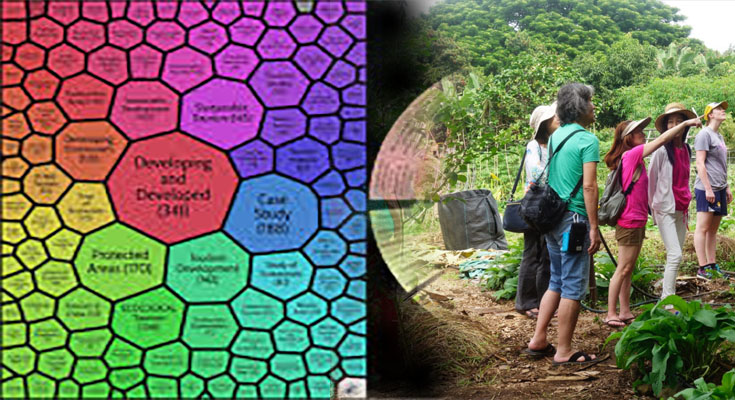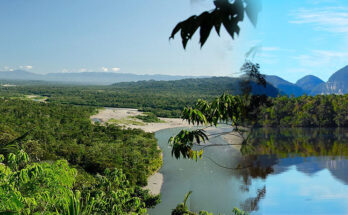Ecotourism has emerged as a beacon of sustainable travel, offering more than just picturesque landscapes and immersive experiences. Beyond its environmental conservation goals, ecotourism brings substantial economic benefits to local communities. In this article, we delve into the ways in which ecotourism becomes a catalyst for sustainable prosperity, fostering economic growth, and enhancing the well-being of communities that serve as the custodians of our planet’s natural wonders.
Job Creation and Employment Opportunities:
One of the primary economic benefits of ecotourism is the creation of jobs within local communities. As tourists flock to ecotourism destinations, there is an increased demand for guides, hospitality staff, conservation experts, and artisans. This surge in employment opportunities can have a transformative impact, especially in areas where alternative sources of income may be limited.
Small Business Development:
Ecotourism often provides a platform for the growth of small businesses within local communities. From local tour operators and eco-friendly accommodations to handmade crafts and locally-sourced food vendors, the tourism industry fosters entrepreneurship. These small businesses, in turn, contribute to the diversification of the local economy.
Infrastructure Development:
The influx of tourists into ecotourism destinations stimulates infrastructure development. Local governments and businesses invest in upgrading roads, transportation facilities, and communication networks to accommodate the growing number of visitors. Improved infrastructure not only enhances the overall experience for tourists but also benefits local residents, contributing to the overall development of the community.
Conservation and Stewardship Initiatives:
Economic benefits derived from ecotourism often translate into increased resources for conservation initiatives. Local communities recognize the value of preserving their natural resources, as it directly impacts the attractiveness of their region to ecotourists. This synergy between economic gain and environmental conservation creates a sustainable cycle, where communities become active stewards of their natural heritage.
Cultural Preservation and Heritage Promotion:
Ecotourism destinations are often rich in cultural heritage. Visitors are drawn not only to the natural beauty but also to the unique traditions, crafts, and lifestyles of local communities. The economic gains from ecotourism provide resources for the preservation and promotion of cultural heritage, ensuring that traditions are passed down to future generations.
Community Empowerment and Inclusive Growth:
By involving local communities in the ecotourism industry, economic benefits are distributed more equitably. This inclusive approach to growth ensures that the prosperity generated by tourism is shared among community members. The empowerment of local residents creates a sense of ownership and pride, fostering a sustainable relationship between the community and the natural resources they protect.
Case Studies in Economic Benefits of Ecotourism:
1. Maasai Mara, Kenya:
The Maasai Mara National Reserve is not only a haven for wildlife but also a prime example of ecotourism supporting local communities. Maasai communities actively participate in providing cultural experiences for tourists, benefiting from employment opportunities and contributing to the conservation of their ancestral lands.
2. Costa Rica:
Costa Rica has become a global model for sustainable ecotourism. The economic benefits derived from tourism have funded the country’s extensive system of national parks and reserves. This investment in conservation not only preserves the country’s rich biodiversity but also attracts visitors seeking an eco-friendly travel experience.
Ecotourism stands as a powerful force for sustainable development, showcasing that economic prosperity and environmental conservation can go hand in hand. By providing jobs, fostering small businesses, supporting infrastructure development, and promoting cultural preservation, ecotourism ensures that the economic benefits extend beyond mere financial gains. Ultimately, the success of ecotourism hinges on the harmonious integration of economic growth, environmental protection, and the well-being of local communities, creating a model that serves as a testament to the transformative power of sustainable travel.





